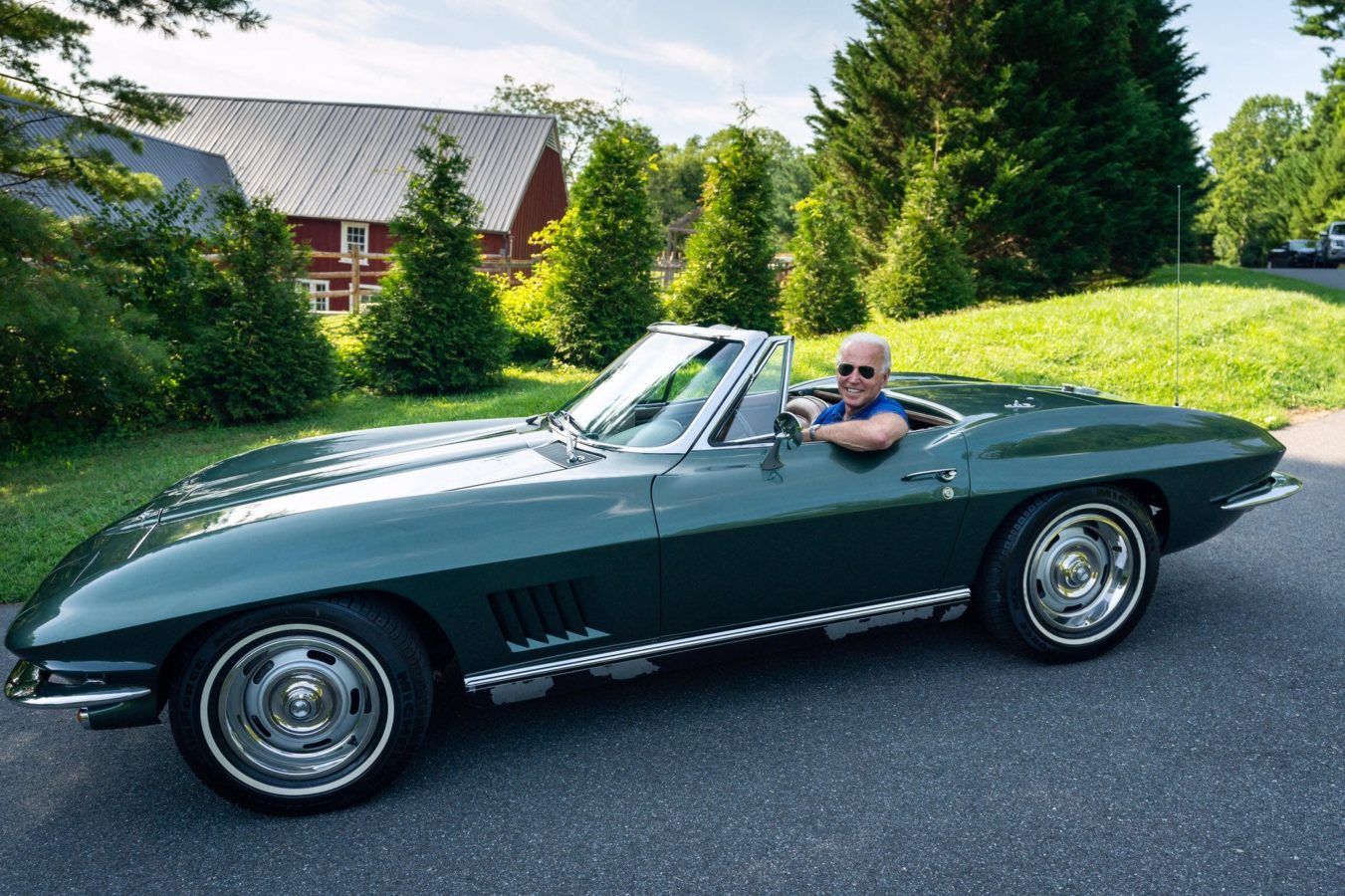Progressive editorial cartoonist Ted Rall and Conservative Scott Stantis discuss and debate the breaking news of the day. They take a deep dive into the murder of Tyre Nichols at the hands of the Memphis Police’s Scorpion Squad. What should real police reform look like? Scott and Ted offer an in-depth plan for turning the police from brutish adversaries to supportive problem-solvers. Next, Ted and Scott turn to the breaking news that Biden’s Delaware beach house has been searched by the FBI in search of classified documents. Is the Federal Government classifying too many documents? What about the implications for 2024? Lastly, Rall and Stantis look at Ukraine, whose leaders are now asking for fighter jets on top of all of the military equipment the United States taxpayers have already gifted them. Scott and Ted consider if the U.S. should even be involved at all in this seemingly endless conflict.


 The strange story at the top of the headlines—the current president and the most recent former president are
The strange story at the top of the headlines—the current president and the most recent former president are 

